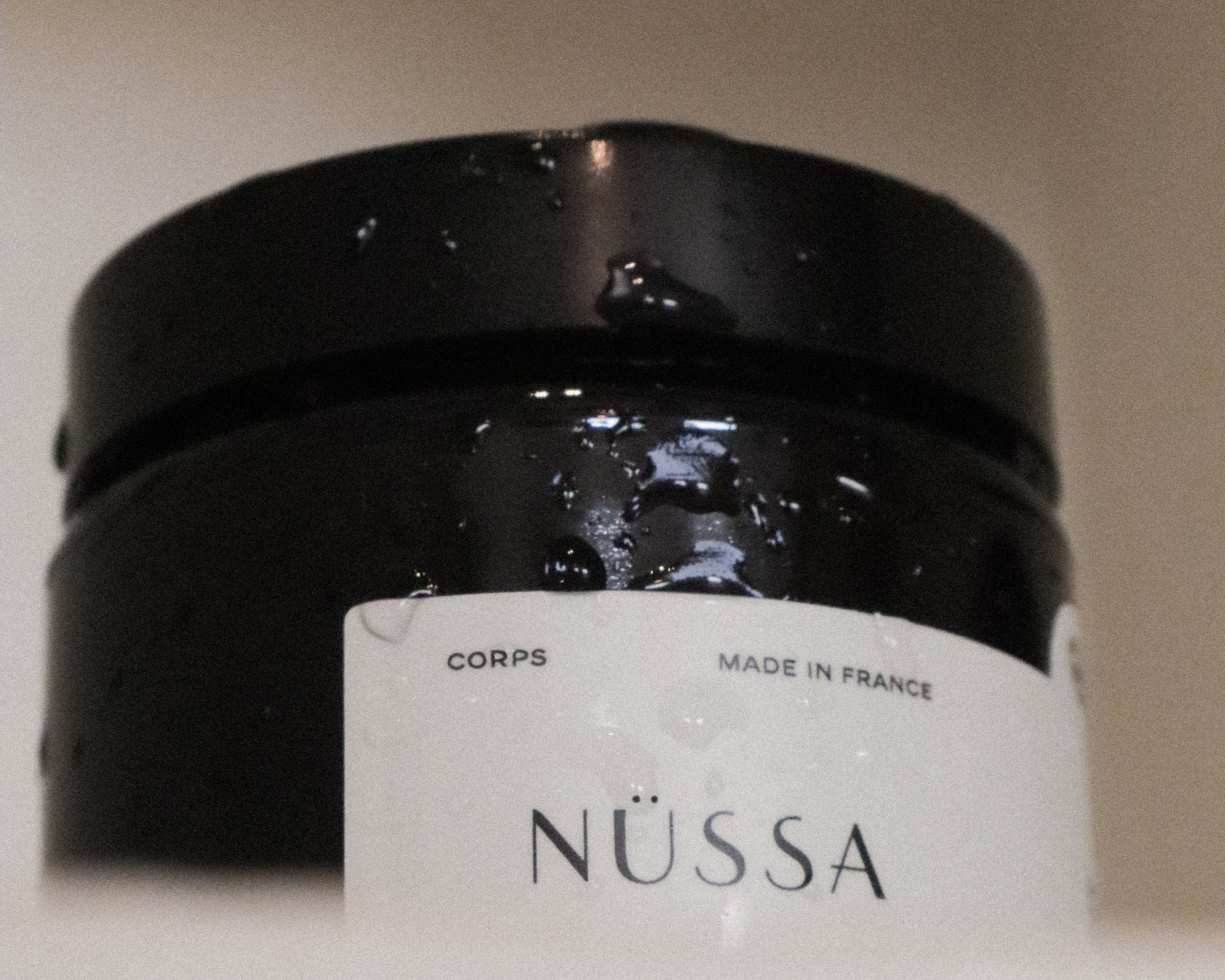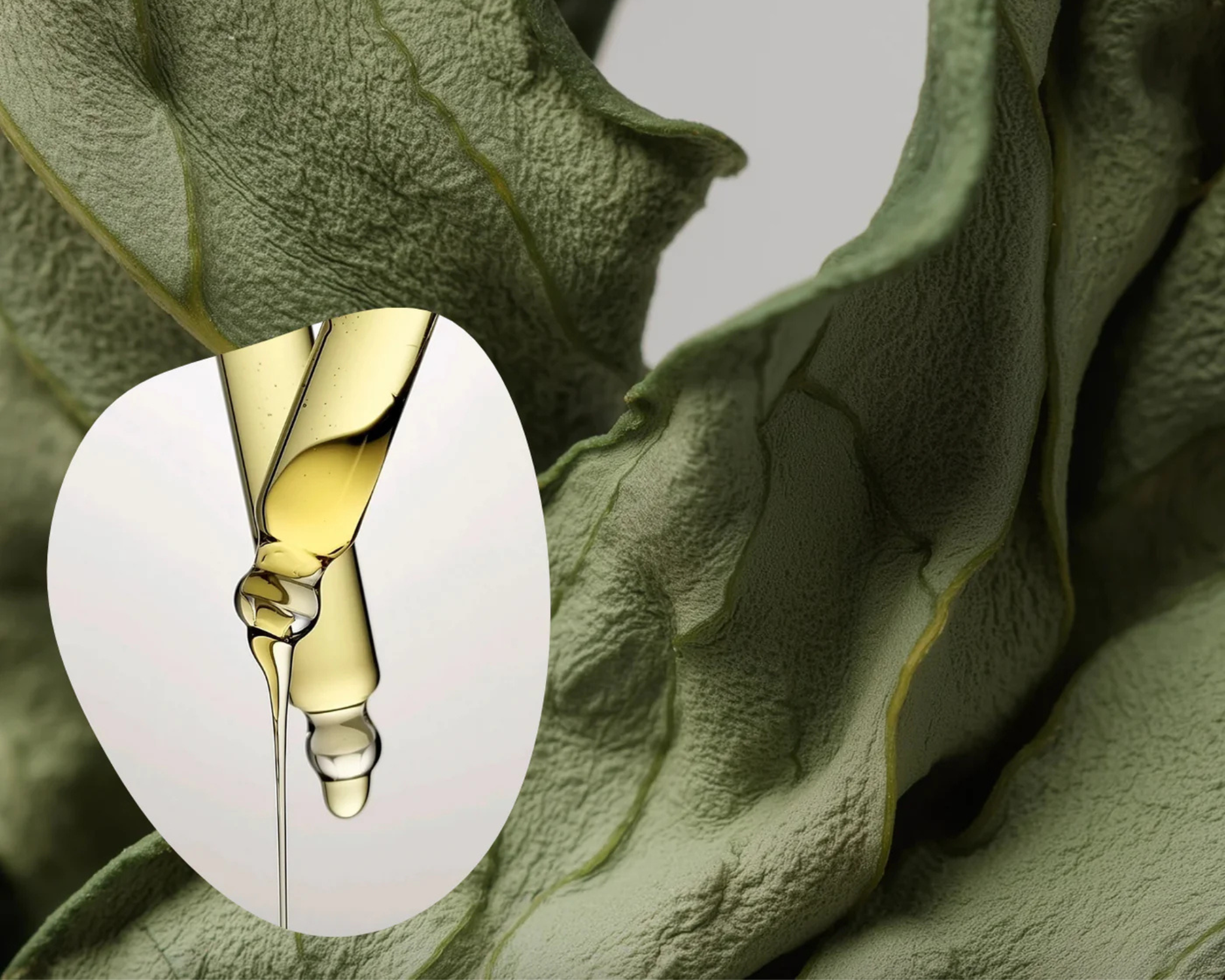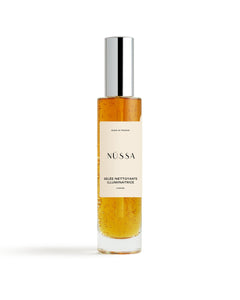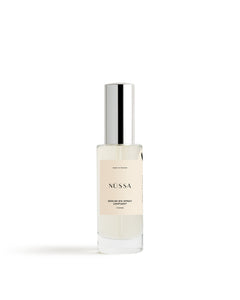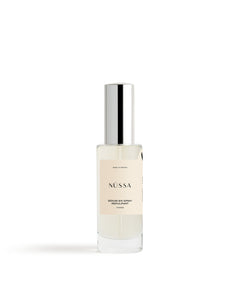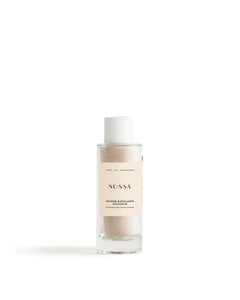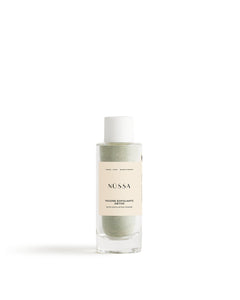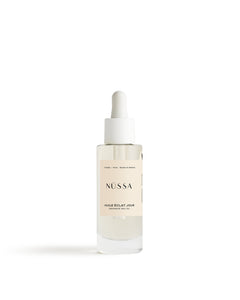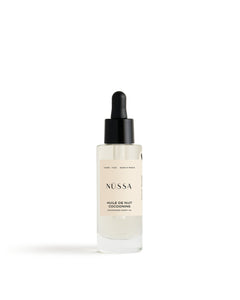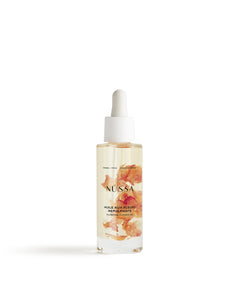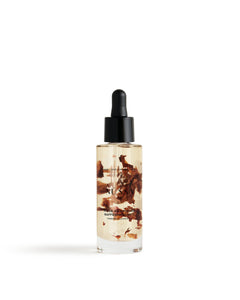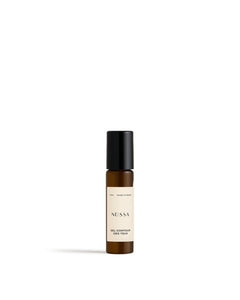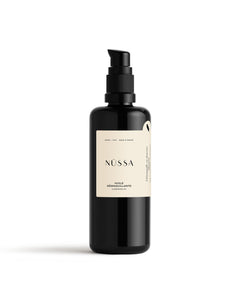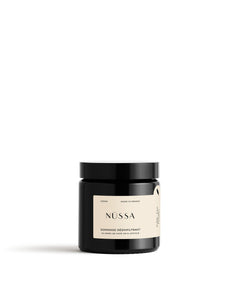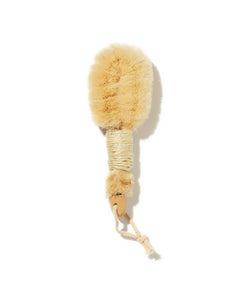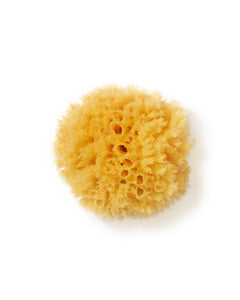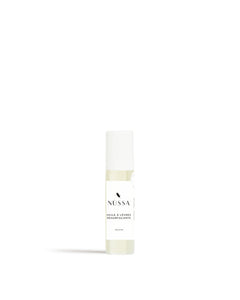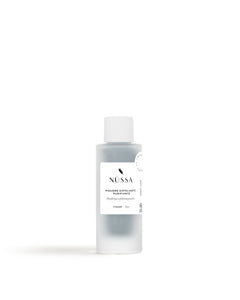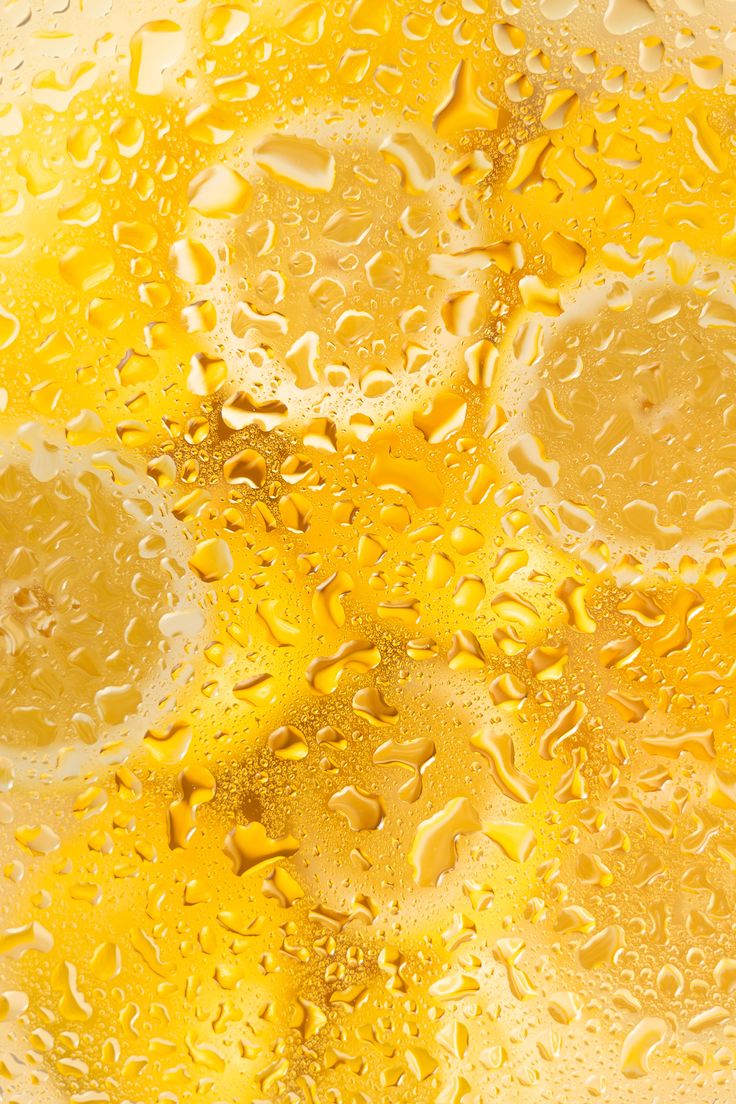Vegan Cosmetics: Everything You Need to Know (2025)
Vegan cosmetics embody a new approach to beauty, mindful of animal welfare, environmental protection, and consumer well-being. Faced with growing demand, the cosmetics industry is reinventing itself to offer 100% plant-based alternatives, without compromising on product effectiveness or sensory appeal.

In this article, we explore the fundamentals of vegan cosmetics, the reasons for its growth, its trusted certifications, and the evolution of the market.
1. What is Vegan Cosmetics?
A vegan cosmetic product is a product that does not contain any ingredients of animal origin or any animal derivatives . Unlike cruelty-free cosmetics, which are not tested on animals but may contain honey, beeswax, or lanolin, a vegan cosmetic is completely free of any animal substances.
Ingredients traditionally of animal origin and banned from vegan cosmetics include:
• Collagen (often extracted from animal skin or bone)
• Keratin (from animal hair or feathers)
• Lanolin (fat extracted from sheep's wool)
• Carmine (red dye from crushed cochineal)
• Squalene (sometimes sourced from shark liver, although there is a plant-based alternative from olives)
These ingredients are replaced by plant-based and biotechnological alternatives, guaranteeing equivalent or even superior effectiveness.
2. Why is Vegan Cosmetics Booming Worldwide?
A Collective Awareness
The vegan movement is no longer limited to food. It now extends to all consumer products, particularly in the beauty sector. According to The Vegan Society , being vegan means excluding all forms of animal exploitation , whether for food, clothing, or cosmetics.
There are several reasons for the craze for vegan cosmetics:
1. Raising Awareness of the Animal Cause
Rejection of animal exploitation is a key driver. More and more consumers are rejecting animal testing, which has been banned in Europe since 2013 but is still practiced in some parts of the world.
2. A Strong Ecological Commitment
The conventional cosmetics industry can generate a high carbon footprint, particularly through the use of animal materials and non-recyclable plastic packaging. Vegan cosmetics favor renewable ingredients and eco-friendly packaging.
3. Growing Demand for Natural and Ethical Formulas
Consumers want healthier formulations, free from controversial substances like silicones, parabens, and sulfates. Vegan cosmetics, often associated with organic products, meet this need for transparency and clean beauty .
Figures that demonstrate an expanding market
• In 2021, the global vegan cosmetics market was valued at USD 16.29 billion and is expected to reach USD 20.8 billion by 2025 ( Statista ).
• According to a report by Grand View Research , vegan cosmetics will record an annual growth of 6.3% between 2022 and 2030 .
• In 2022 , the global market reached USD 17.39 billion , with a forecast of USD 24 billion by 2028 .
• Europe dominates this market , generating over 34% of global revenue , with the UK, France and Germany leading the way.
3. Vegan Certifications: How to Identify a Real Vegan Product?
Faced with the complexity of INCI lists and greenwashing, labels play a crucial role in ensuring that a product is truly vegan.
The Main Vegan Certifications
🔹 EVE-VEGAN (Vegan Expertise Europe)
• International certification guaranteeing the absence of ingredients of animal origin and animal testing.
🔹V -Label (European Vegetarian Union)
• Certifies vegan products and also excludes GMOs and certain unethical processes.
🔹 PETA Cruelty-Free & Vegan
• Ensures that the product and its ingredients are not tested on animals and do not contain any animal material.
🔹 Vegan Mark
• Label guaranteeing the total absence of ingredients of animal origin and animal testing.
🔹The Vegan Society Trademark
• Global benchmark for certifying 100% vegan and cruelty-free products.
According to a study by The Vegan Society , 90% of British consumers look for these certifications before purchasing vegan cosmetics.
4. Generation Z and Influencers: Drivers of Change
New generations play a key role in this market transformation.
• 43% of Gen Z do not consume any products tested on animals ( The Vegan Society, 2022 ).
• In Britain, only a third of vegan cosmetics buyers are themselves vegan , proving that the phenomenon goes beyond just vegans.
Influencers and celebrities are playing a major role in this shift. Platforms like Instagram and TikTok are brimming with content dedicated to vegan cosmetics, amplifying the impact of this beauty revolution.
5. The Future of Vegan Cosmetics: Innovation and Accessibility
The transition to more ethical and environmentally friendly beauty is inevitable. To meet this demand, brands are investing in green biotechnology , with major advances:
✔ Alternatives to animal collagen : Plant collagen derived from algae or yeast.
✔ Natural vegan dyes : Replacement of carmine with plant pigments.
✔ Plant-based squalane : Extracted from olive or sugarcane instead of shark squalene.
✔ Natural Preservation : Use of botanical extracts instead of chemical preservatives.
Major retailers are also adapting to this growing demand by launching vegan ranges, and many new brands are emerging with a 100% plant-based and transparent approach.
Choosing vegan cosmetics means adopting a committed and responsible beauty, which
• Protect animals by refusing any exploitation or testing on them.
• Preserve the planet by limiting animal resources and promoting more sustainable ingredients.
• Respects the skin with natural, gentle and effective formulations.
As the market continues to grow and innovative alternatives multiply, vegan cosmetics are emerging as the future of beauty .



